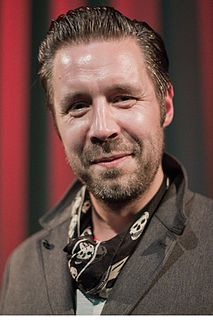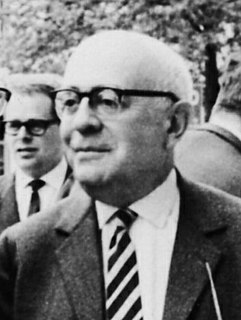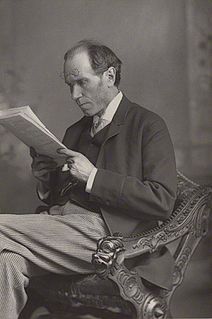A Quote by Mircea Eliade
Man becomes aware of the Sacred because it manifests itself, shows itself, as something wholly different from the Profane.
Related Quotes
Everything that is thought and expressed in words is one-sided, only half the truth; it all lacks totality, completeness, unity. When the Illustrious Buddha taught about the world, he had to divide it into Samsara and Nirvana, illusion and truth, into suffering and salvation. One cannot do otherwise, there is no other method for those who teach. But the world itself, being in and around us, is never one-sided. Never is a man or a deed wholly Samsara or wholly Nirvana; never is a man wholly a saint or a sinner. This only seems so because we suffer the illusion that time is something real.





































